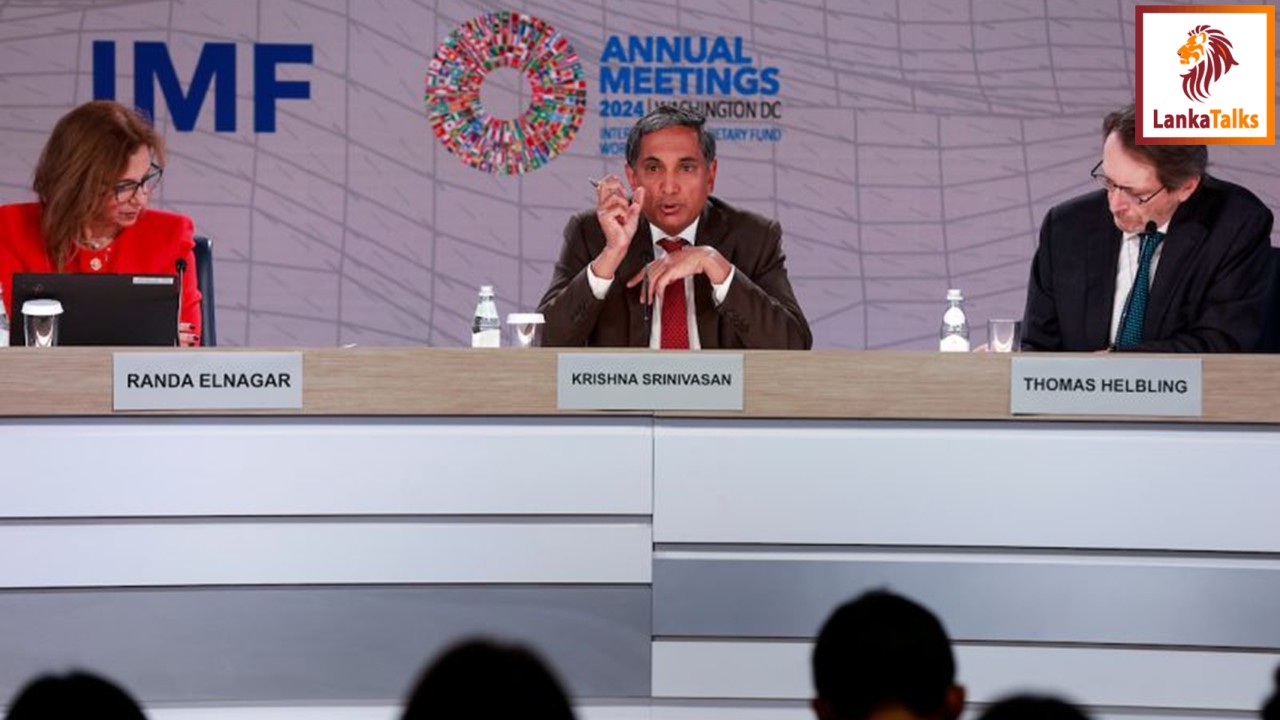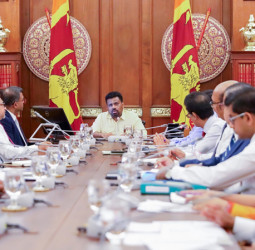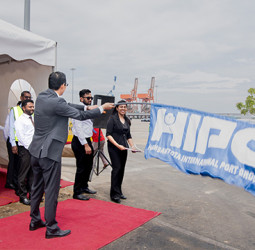In a recent press briefing, officials from the International Monetary Fund (IMF) provided updates on Sri Lanka's economic situation, particularly in the context of the country’s ongoing debt restructuring and the implications of a new government. Director of the Asia and Pacific Department, Krishna Srinivasan, and Deputy Director Thomas Helbling addressed critical questions regarding fiscal benchmarks, potential policy changes, and the overall economic trajectory.
Srinivasan highlighted that with the debt restructuring process largely completed, the focus is now on key fiscal and structural benchmarks required to unlock the fourth tranche of funding from the IMF. The official stated that discussions with the newly elected government in Sri Lanka have been productive, noting a "broad consensus" on the importance of continuing the reform agenda that has already yielded positive results, including growth in the past four quarters and a decrease in inflation.
Responding to inquiries about the new administration’s plans, Srinivasan affirmed that the government aims to safeguard and build on the gains achieved under the IMF program. He emphasized the importance of continued reform to address post-debt restructuring challenges, particularly concerning loan interest payments set to resume next year.
Several journalists raised concerns regarding specific tax measures, including the potential repeal of the imputed rental tax and the continuation of the vehicle suspension policy. Srinivasan indicated that such details are still being negotiated and would be addressed in ongoing discussions with the Sri Lankan authorities.
Another significant point of discussion was the structure of Sri Lanka's debt restructuring. Questions arose regarding the "macro-linked bonds" that adjust repayment based on economic performance. Srinivasan acknowledged the popularity of this mechanism among creditors but noted that its efficacy would depend on individual country contexts, underscoring the necessity for comparability of treatment among creditors.
As the IMF prepares for the third review of Sri Lanka's program, officials expressed optimism about the country’s path toward recovery. The IMF's support is crucial as Sri Lanka navigates its economic challenges, particularly in light of recent political changes.
In conclusion, while Sri Lanka has made strides in its economic recovery, the road ahead remains complex, requiring careful management of fiscal policies and ongoing reforms to ensure sustainable growth. The IMF remains committed to supporting Sri Lanka during this critical period.



 A.R.B.J Rajapaksha
A.R.B.J Rajapaksha



